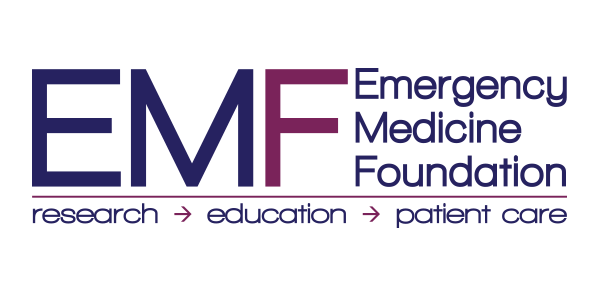
The second part of our study involved a survey of nurses, physicians, and EMS workers at the same 10 locations across the country. From the survey data, we could understand the relationship between workplace factors, perceived stress, and mental health outcomes. The qualitative study gave us personal stories. The survey gave us a bigger data set to understand the relationship of these factors.
Explore This Issue
ACEP Now: Vol 40 – No 09 – September 2021What are some of your preliminary findings?
We’re finding that organizational factors really matter and they impact the stress that individuals perceive at work. If you have a supportive organization, it’s going to improve your workplace conditions. If you feel your organization is not supportive, that leads to a perception of adverse workplace conditions. This, in turn, will impact perceived stress. We found that peer support and work support are really important moderators for that stress. Interventions that can enhance peer support and improve the relationship between organizational leaders and clinicians are really important to improve long-term mental health outcomes in emergency medicine clinicians.
How might this work benefit the field?
I think that’s the challenging part: taking this research and then translating it into something that makes a difference. We’re looking into some of the strategies that have worked not just in emergency medicine but also in other fields, how we can better ensure that organizational leadership and emergency medicine clinicians can communicate, and also peer support strategies that have worked in the past.
We’re working on three papers: one on our qualitative findings, one on our survey findings, and another where we are looking at the way that organizational factors interact to affect individuals. Some people might feel that they have adequate PPE [personal protective equipment], but they don’t have good organizational support. Other people might feel that they have good organizational support and adequate PPE.
How did your EMF grant help advance your career in emergency medicine?
Without EMF, I wouldn’t be able to do this study. This isn’t a traditional topic. Often, people focus on mental health and patients and not so much the health care workers. It’s really important that EMF put this as a priority. And they brought me together with many other researchers and increased opportunities for networking and future research as well.
Pages: 1 2 | Single Page



No Responses to “EMF Grant Enabled Dr. Janice Blanchard to Delve into Pandemic Burnout”